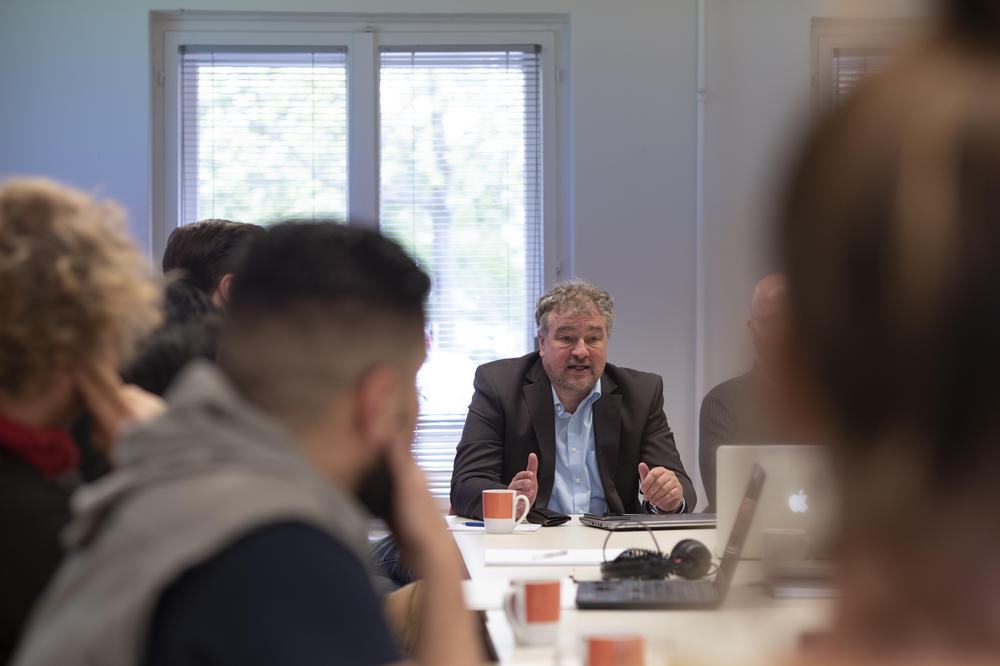Processes that Affect Future
We understand processes as a series of individual and collective social interactions that encompass different moments in time. From this perspective, processes bring together different temporalities that interact and conflict with the hegemonic temporal order. Through these interactions and entanglements of different temporalities, multiple social and cultural processes become visible which relate the past and the present to the future in different ways. For example, violence in (post-)conflict societies is a temporal process which relates past, present and future. The ways in which experiences of violence are remembered, (re-)imagined and embodied shape people’s capacities to aspire and their possibilities to anticipate the future. Social theories, especially development and modernization theory, conceptualize processes as dynamics that are directed towards the future and conditioned by the past within given societal structures. This leads to a unidirectional understanding of ‘process as progress’, with a clear separation between past, present and future. All individuals, societies and regions that do not participate in the ‘process as progress’ are seen as ‘others’ and relegated to the ‘waiting room of history’.
What processes discernibly affect the aspirations and anticipations of actors in Latin America? What do they tell us about different temporalities?
The competing visions of the future and their implementation in a given space are primarily due to the uneven social distribution of the capacity to aspire, as exemplified in economic, urban or environmental processes. In Latin America, certain social groups or individuals enhance their aspirational capacities not only to promote new beginnings, but also to put an end to undesirable structures. They effectively seek a non-future for social conditions of exploitation, corruption, individual indebtedness or civil war. Consider the context of migration processes, where future decisions are shaped by structures of inequality and poverty, which in turn influence people’s capacities to aspire. At the micro-level, emigration (of one or more family members) has become an important mechanism among the Latin American poor to gain additional household revenue in an ostensibly safer foreign economic environment. At the same time, the new geopolitical constellation and deportation policies pose further uncertainty and challenges to the risk management and coping strategies of poor households.
An uneven social distribution is also said to be a significant reason for criminality and violence in Latin America. Yet state actors often interpret and combat violent and criminal acts as problems of security. The process of ‘securitization’ has led to technological armament in many Latin American cities (specifically, the establishment of networks between different security institutions and data bases, installations of video cameras, etc.), with the pilot project Detecta being an emblematic example. This new big-data policing tool currently implemented in São Paulo’s wealthy district Morumbi has been developed to anticipate future criminal acts and crime prevention. The outcomes of ‘predictive policing’ measures enabled by new human-machine assemblages are still uncertain, however. While the stated goal of predictive policing is to reduce crime rates and violence, it could also do the opposite by exacerbating profiling and selective policing and perpetuating racial bias. Big data policing and predictive policing are processes inseparably connected to certain actors (mostly security institutions like the police) and projections of the future. Nonetheless, the latter can fundamentally impact the present reality of the larger population.



